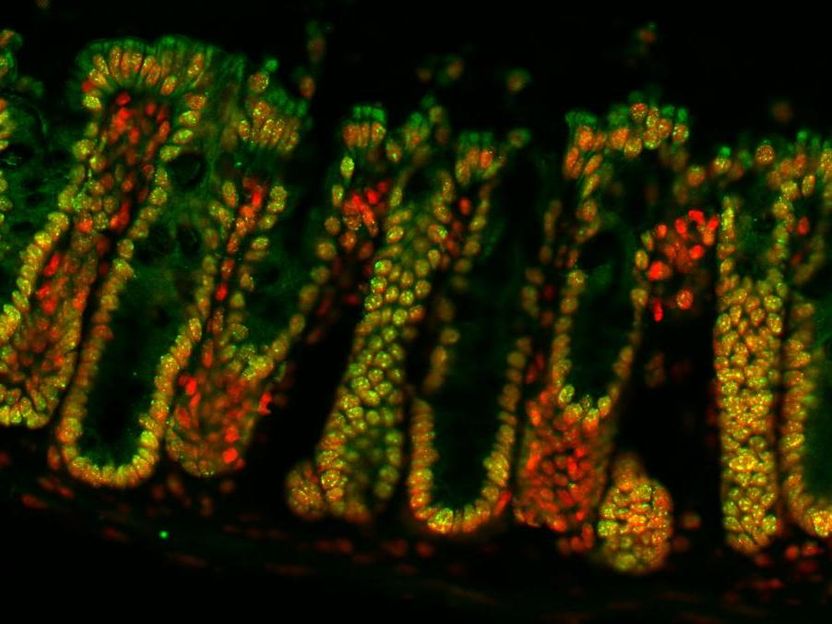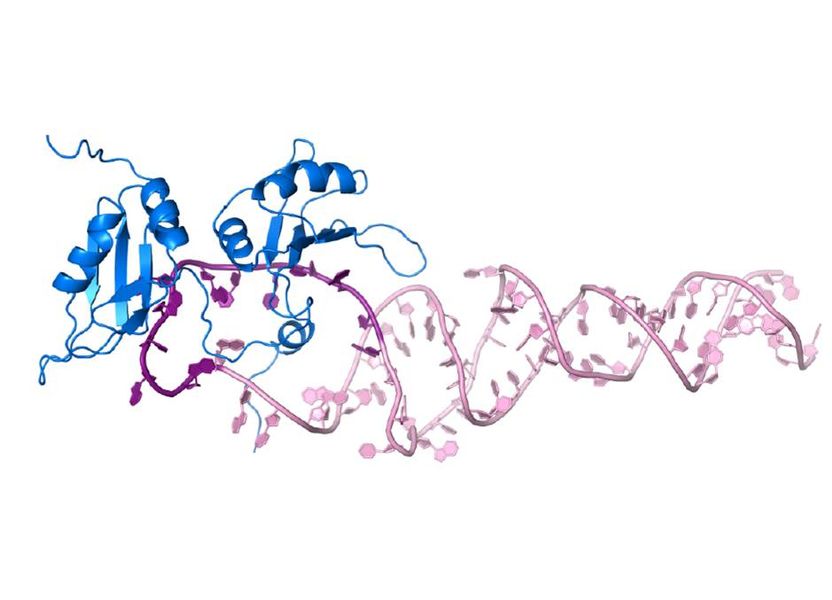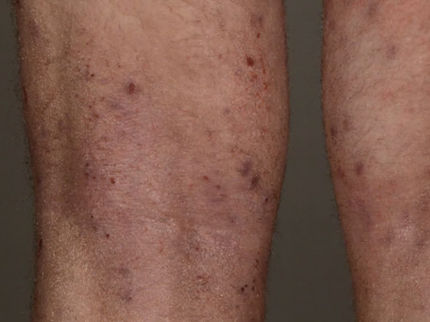arGEN-X opens new R&D facility in Flanders
arGEN-X BV announced that it has opened a new R&D subsidiary in Flanders – arGEN-X BVBA. The facility is supported by a €1.3 million grant from the Institute for the Promotion of Innovation by Science and Technology in Flanders (IWT) and is intended to become a center of excellence dedicated to the discovery and development of novel therapeutic antibodies based on arGEN-X’ SIMPLE Antibody™ platform.
The facility will operate under arGEN-X’ CSO Prof. Dr. Hans de Haard, and CDO Dr. Torsten Dreier, who have already attracted an experienced international core team of antibody discovery and development as well as project management experts. Among those recently appointed is Dr Michael Saunders, who has joined arGEN-X as Senior Director Targets & Programs, bringing important relevant experience from within GlaxoSmithKline in target identification and project management. Under this leadership, the Company is in the process of building an international team of around 25 antibody scientists to be based at this facility.
Most read news
Other news from the department business & finance

Get the life science industry in your inbox
By submitting this form you agree that LUMITOS AG will send you the newsletter(s) selected above by email. Your data will not be passed on to third parties. Your data will be stored and processed in accordance with our data protection regulations. LUMITOS may contact you by email for the purpose of advertising or market and opinion surveys. You can revoke your consent at any time without giving reasons to LUMITOS AG, Ernst-Augustin-Str. 2, 12489 Berlin, Germany or by e-mail at revoke@lumitos.com with effect for the future. In addition, each email contains a link to unsubscribe from the corresponding newsletter.
Most read news
More news from our other portals
See the theme worlds for related content
Topic world Antibodies
Antibodies are specialized molecules of our immune system that can specifically recognize and neutralize pathogens or foreign substances. Antibody research in biotech and pharma has recognized this natural defense potential and is working intensively to make it therapeutically useful. From monoclonal antibodies used against cancer or autoimmune diseases to antibody-drug conjugates that specifically transport drugs to disease cells - the possibilities are enormous

Topic world Antibodies
Antibodies are specialized molecules of our immune system that can specifically recognize and neutralize pathogens or foreign substances. Antibody research in biotech and pharma has recognized this natural defense potential and is working intensively to make it therapeutically useful. From monoclonal antibodies used against cancer or autoimmune diseases to antibody-drug conjugates that specifically transport drugs to disease cells - the possibilities are enormous
Last viewed contents
2-Deoxy-D-glucose
International_AIDS_Candlelight_Memorial
Mario_Raviglione
Supraventricular_tachycardia
'Good' prion-like proteins boost immune response, UT Southwestern scientists report
Nutmeg_liver
The_Natural_History_of_Alcoholism_Revisited

How good bacteria control your genes

New insight into the maturation of miRNAs





















































